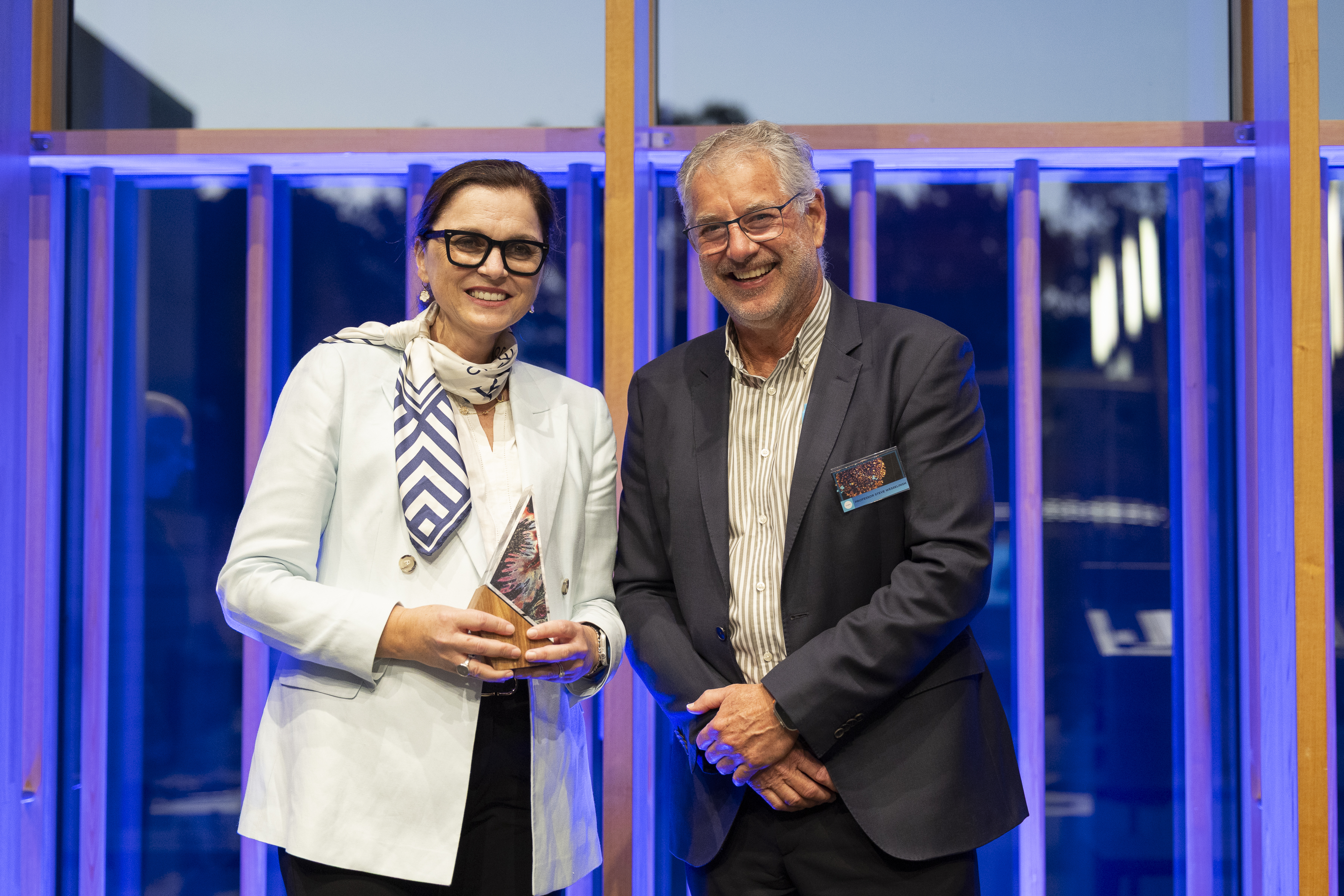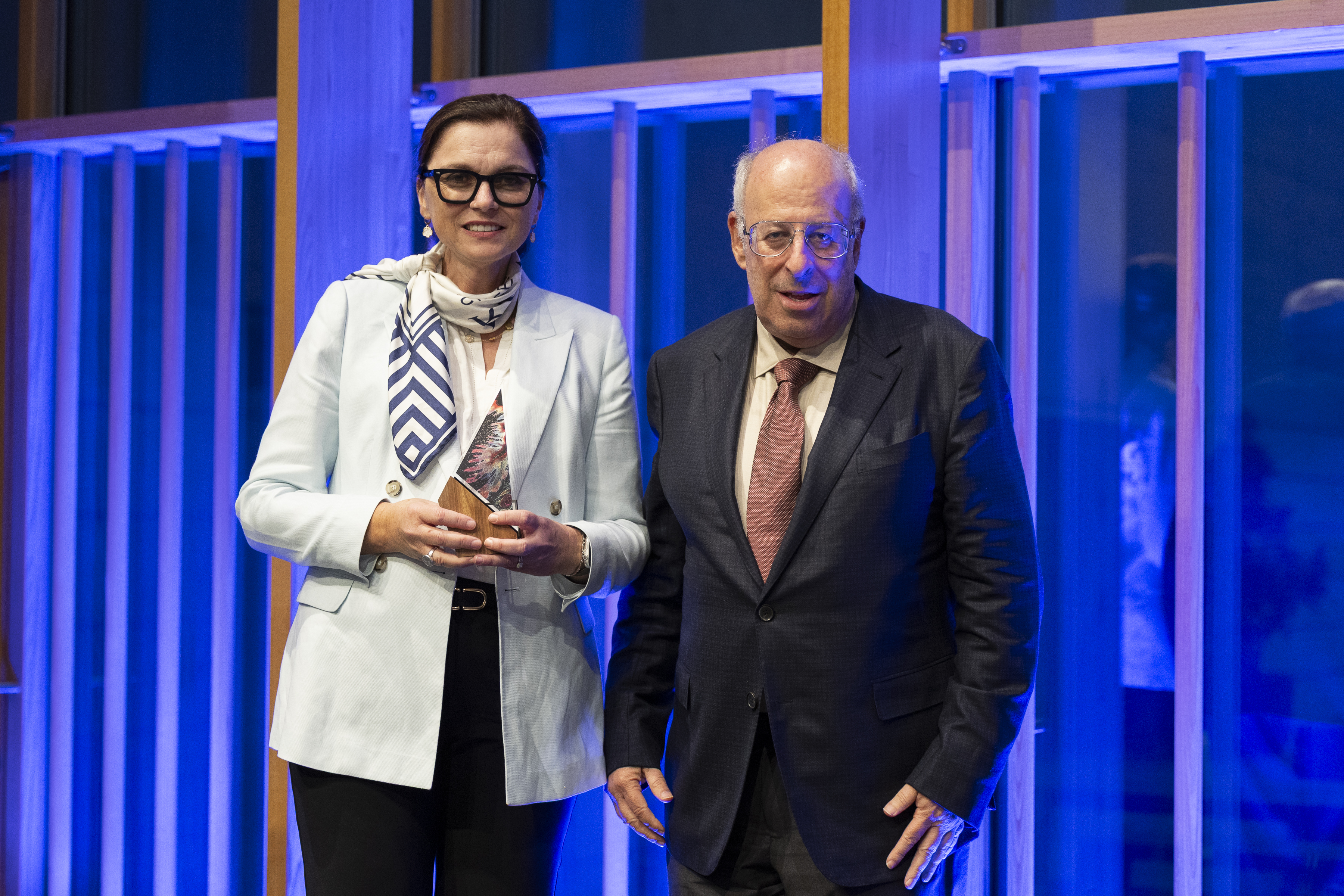When Professor Fabienne Mackay stepped into the role of Director and CEO at QIMR Berghofer in late 2020, she expected challenges—navigating a global pandemic, leading a major organisational restructure, and steering a world-class research institute through an evolving funding landscape. What she did not anticipate was facing one of the most significant cases of research misconduct in Australian history.
A few months into my tenure, I received an anonymous email alleging that a senior cancer researcher had fabricated data over many years. What followed was a crisis that tested my leadership, our institutional integrity, and the trust placed in us by the scientific community, funding bodies, and the public.
“From the outset, it was clear that this situation required swift, transparent, and ethical action.”
I immediately engaged the QIMR Berghofer Council to ensure our response was rigorous and accountable. We worked closely with the National Health and Medical Research Council, followed the Australian Code for the Responsible Conduct of Research, and upheld our obligations to the Crime and Corruption Commission. Crucially, we prioritised correcting the public record and supporting affected students and researchers.

“Managing this crisis meant navigating complex and concurrent challenges—protecting whistle-blowers, conducting a thorough investigation, managing the scientist at the centre of the allegations, and maintaining clear and consistent communication with stakeholders.”
At the same time, we were undergoing a major transformation as an institute—all in the midst of a global pandemic.
While guidelines existed, they were not designed to handle an incident of this magnitude, the prominence of the researcher involved, or the fear and uncertainty faced by early-career researchers who had spoken up. I relied on the strength and expertise of my leadership team, ensuring that every decision aligned with our values and reinforced a culture of accountability and integrity.

In 2023, we commissioned an independent review led by Bruce Lander KC, former inaugural Independent Commissioner of South Australia’s Independent Commission Against Corruption (ICAC). His findings affirmed that QIMR Berghofer’s reaction to the allegations it received in 2020 was exemplary and it had acted “expeditiously and laboriously” to address the consequences of the misconduct, which was gratifying.
“However, true success was not just in how we managed the crisis—it was in how we emerged from it stronger.”
Despite the immense strain on our staff, we did not let this define us negatively. Instead, we used it as an opportunity to rebuild and renew. We established a model research management framework, reinforced our commitment to research integrity, and fostered a culture where transparency and ethical research conduct are paramount.
“Within 2 years, QIMR Berghofer doubled its research income and achieved its highest-ever NHMRC grant success rate, ranking second nationally.”
I am incredibly proud of what we have achieved, but this was never the work of one person. It was the collective effort of dedicated teams who shared a vision for excellence and integrity.
“Today, research integrity is at the forefront of our culture, with many researchers stepping up as integrity advisers and champions of best practice.”
Cases of research misconduct are rare, but the way institutions respond to them defines their credibility and long-term success. I am committed to sharing our experience with the broader medical research community to support best practices in handling similar challenges. More importantly, we remain focused on ensuring that our research continues to meet the highest ethical and scientific standards—because the impact of what we do extends far beyond our walls.
